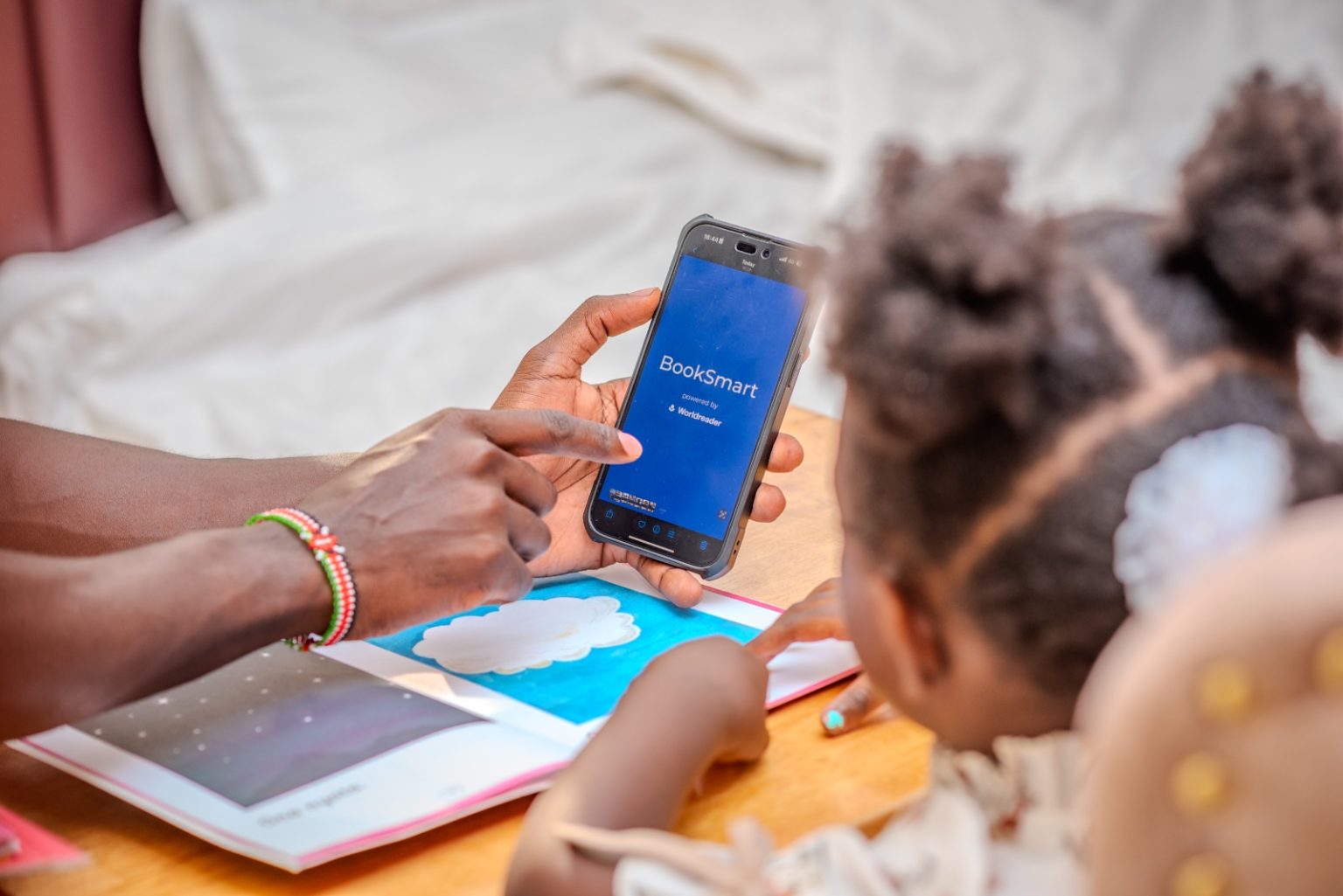The collection
includes stories on science, adventure, sports, and early learning — all aimed
at helping children aged 3 to 12 develop strong reading habits at home.
Kenyan families
can now access a free library of children’s books directly through the M-Pesa
App, following a new partnership between mobile money platform M-Pesa and
international nonprofit Worldreader.
The collaboration
integrates Worldreader’s BookSmart app into M-Pesa’s “Education”
section, giving parents and children instant access to more than 2,700 books
and learning activities in English and Kiswahili.
The collection
includes stories on science, adventure, sports, and early learning—all aimed
at helping children aged 3 to 12 develop strong reading habits at home.
According to
Worldreader, regular family reading time—as little as 10 minutes a day—can
significantly boost a child’s vocabulary, confidence, and school readiness.
Yet, limited access to age-appropriate books remains a major challenge for many
Kenyan households.
“By bringing
BookSmart into the M-Pesa App, families can now enjoy thousands of quality
books from the convenience of their phones,” said Olivia Kimani, Worldreader’s
Director of Partnerships. “It’s about making reading part of daily family
life.”
Worldreader CEO
Rebecca Chandler Leege noted that the initiative addresses a wider global
reading gap.
“We’re in a reading crisis not because children don’t want to
read, but because families lack the tools. This partnership helps remove those
barriers,” she said.
BookSmart, which
has reached over 22 million readers in more than 100 countries since 2010, was
recognized by the U.S. Library of Congress in 2023 for advancing global
literacy.
To access the
service, M-Pesa users can open the app, navigate to the “Education” section,
and select BookSmart—no additional downloads required.
Children living in urban areas, such as those in Kenya, are generally believed to have better access to schooling than their rural counterparts.
However, research indicates that this advantage does not always translate into improved learning outcomes for those in informal settlements.
While many urban children can attend school, factors such as overcrowding, limited resources, and poor learning environments mean they do not fully enjoy their right to quality education.
